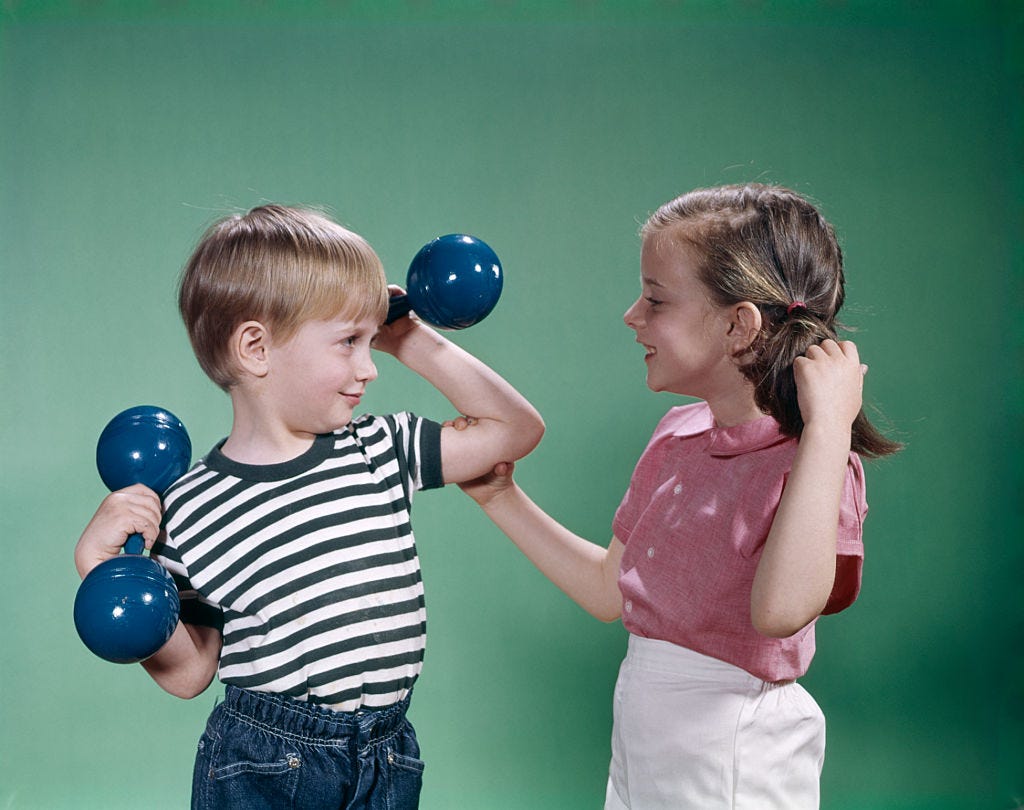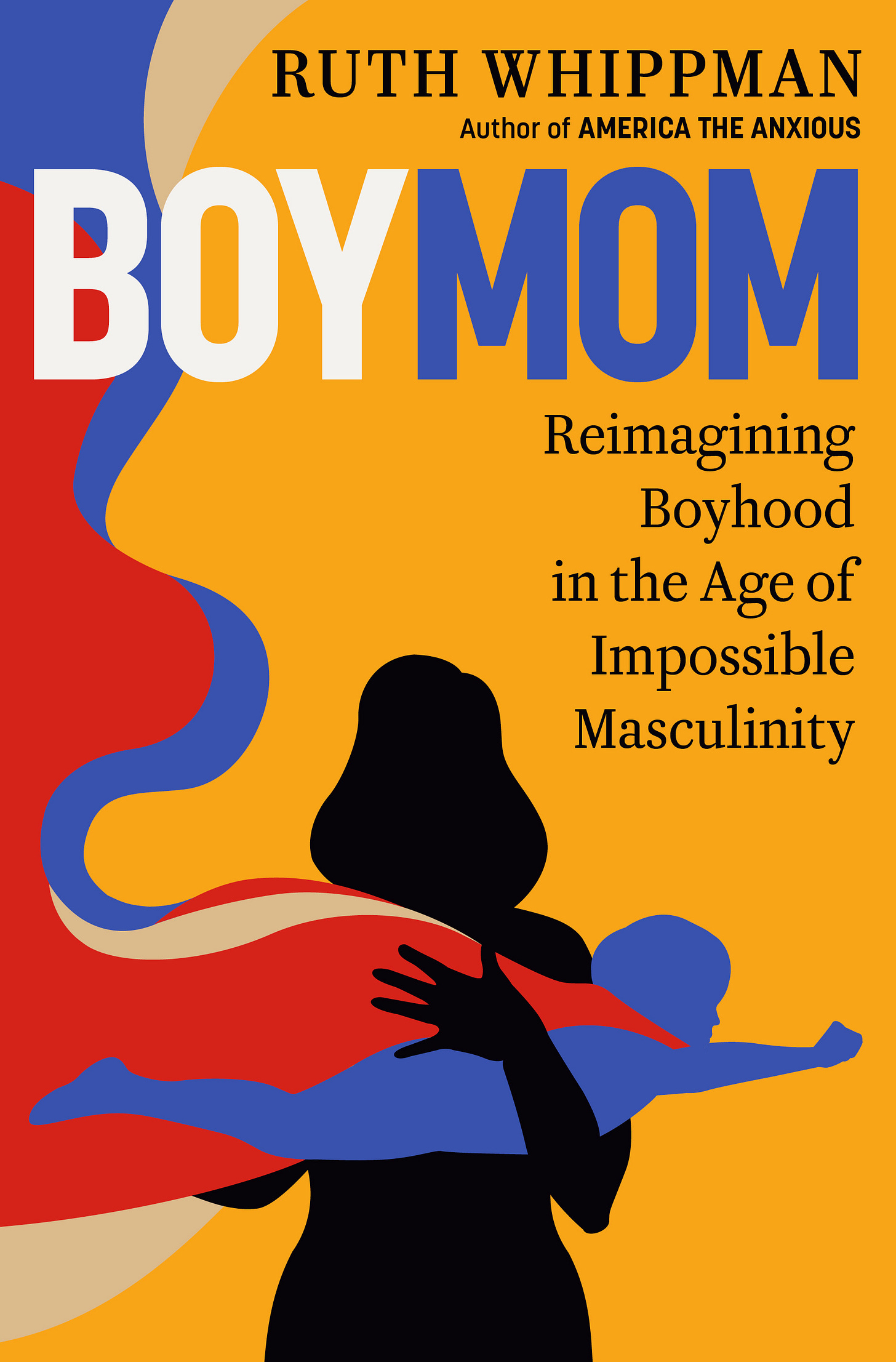How to save boys from masculinity
Author Ruth Whippman on her new book, "BoyMom," and how our failure to address the crisis of boys and men is imperiling all of us -- and democracy itself
Does having a truck, backhoe, ninja, or maybe a stegosaurus as your earliest role model improve your odds of voting for fascism one day? How do the stories we tell boys prepare them for their adult lives?
When author and journalist Ruth Whippman — who’s delved into American emotional life in her previous book, America the Anxious, and in her writing for The New York Times, The Guardian, and elsewhere — became a parent of boys, she thought it would be a lot simpler to raise them these days in a positively gender-neutral way.
But what she found is that, despite considerable progress on gender in society, the way we raise boys hasn’t changed much — and the collision of expectations has created a crisis for boys that has fed the crisis for young men that has, in turn, fed the crisis of democracy that’s facing the world today.
We talked with Whippman about BoyMom, her forthcoming book on what it means to parent boys in an America that’s largely failed to equip its boys and men with a way to deal with change; how both the left and the right get boys wrong, with disastrous results; and how progressives actually interested in building a real alternative might get away from the notion of masculinity to make a better world for everyone. (The book can be pre-ordered right now here.)
And a request for those who haven’t yet joined us: The interviews and essays that we share here take research and editing and much more. We work hard, and we are eager to bring on more writers, more voices. But we need your help to keep this going. Join us today to support the kind of independent media you want to exist.
And today we’re offering you a special discount of 20 percent if you become a paying subscriber. You will lock in this lower price forever if you join us now!
Your book caught my eye because of the following sentence in the promotional materials: “While the right pushes a dangerous vision of fantasy manhood, her feminist peers often dismiss boys as little more than entitled predators-in-waiting.” You write about the highly contradictory pressures boys face coming up as boys today. What are some of them?
In the culture wars, boys are caught between these two sets of social expectations which are completely at odds. On the one hand, in the post #MeToo era, we now demand — quite rightly — that boys be cautious, sensitive, and emotionally attuned, and that they never overstep by even the tiniest smidge, especially when it comes to sex or relationships. The costs of making a mistake are now pretty severe: being “canceled” — an elaborately coordinated form of social shunning and social media shaming for any boy who is perceived to have crossed a line — is now a mainstream part of the high school experience in many communities, even for relatively minor transgressions or misunderstandings. Many of the the boys I interviewed for BoyMom felt constantly anxious about making a wrong move.
But when we brought in these new social expectations for boys, we never quite got rid of the old ones. The traditional pressures of masculinity are still very much in circulation: boys are still expected to be assertive and domineering and aggressive and manly, and to never appear effeminate in any way. The social costs of falling short of this standard are also high for boys, who are taught to fear looking weak. And if anything, in the age of CGI muscles and superhero epics and online “masculinity influencers,” the prevailing model for manhood has become even more cartoonishly masculine and aggressive over the years. Many boys I interviewed still felt they had to perform a kind of rigid, posturing masculinity in front of their friends and often feared that they were constantly only one step away from being labeled a wuss or a pussy.
So boys are caught between these two models for how to be that can often feel impossible to reconcile. Some of the boys I spoke to were starting to avoid sex and relationships altogether, preferring to be alone in their bedrooms and watch porn, which was less socially and emotionally taxing. This is a phenomenon that is borne out in the data: teen boys now are having less sex than any generation since researchers started tracking. But the same contradictory pressures on boys apply not just to sex, but across the board.
What do you think has gotten better in the journey of male socialization over the last generation, what has gotten worse, and what has stubbornly stayed the same?






